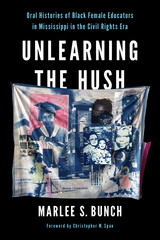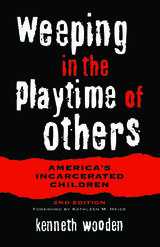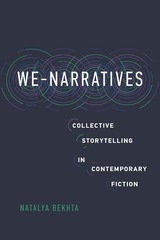

In Hush to Harbor: Black Sanctuary from Slavery to Trump’s America traces the enduring tradition of Black communities creating sanctuaries—spaces of safety, care, and resistance—from the hidden hush harbors of the slavery era to the digital havens of the present day. These sanctuaries, whether physical or virtual, have served as places to strategize, grieve, heal, and imagine new futures in the face of ongoing racial violence. Drawing on history, cultural analysis, and personal insight, this book reveals how these spaces have evolved in form but remained constant in purpose: to preserve Black life and dignity. It also confronts the heightened urgency of such sanctuaries during the Trump era, when state-sanctioned racism and emboldened white nationalism reshaped the landscape of resistance. In Hush to Harbor offers not just a chronicle of survival, but a blueprint for protecting and nurturing Black refuge in the twenty-first century and beyond.

READERS
Browse our collection.
PUBLISHERS
See BiblioVault's publisher services.
STUDENT SERVICES
Files for college accessibility offices.
UChicago Accessibility Resources
home | accessibility | search | about | contact us
BiblioVault ® 2001 - 2025
The University of Chicago Press









